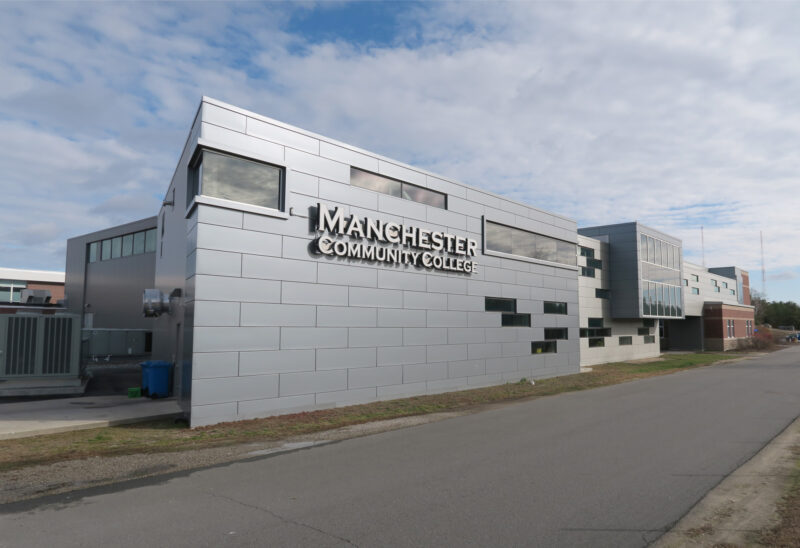The New Hampshire Food Bank wanted to set up portable production lines to package nonperishable meals, cutting costs-per-meal, and to explore the feasibility of creating a larger system in a production kitchen. But the organization needed money to create this system — money it could scarce afford to take from, well, buying food for hungry people.
But a relatively small influx of cash, applied strategically, might provide a huge benefit.
This is just the kind of thing that an entrepreneur understands. And just the kind of project that the Entrepreneurs Fund of New Hampshire (EFNH) wants to help nonprofit organizations launch.
“The New Hampshire Food Bank is a very important organization serving many people,” said Shawn McGowan, chief operating officer of Newmarket International (now president and CEO of Scribe Software) and a member of EFNH. “They really can’t afford to go after new and innovative projects because if they don’t deliver on their core product, people don’t get fed.”
So, EFNH made a $5,000 grant to set up the packaging production lines.
EFNH, an initiative of the New Hampshire Charitable Foundation, was created in 2009 joining similar efforts in Silicon Valley, the San Francisco Bay Area and Boulder, Colo. The idea is to bring the expertise, energy and passion of New Hampshire’s entrepreneurs together, making philanthropy a part of “the DNA of doing business in New Hampshire” and supporting local communities.
“The entrepreneurs that we work with have chosen New Hampshire as a place to build their businesses for a number of reasons — and quality of life is right at the top,” said Shari Landry, vice president of philanthropy at the Charitable Foundation.
“Being part of the Entrepreneurs Fund and the Charitable Foundation gives these passionate, innovative and crazy-busy people the chance to help keep New Hampshire special,” she said.
Jesse Devitte, managing director and co-founder of Borealis Ventures, is a founding member of EFNH.
“If I had to say there’s a dream for it, it’s maybe that we are able to add to the state’s culture by weaving this thread between entrepreneurs and the nonprofit community in co-investment … in the quality of life for New Hampshire citizens and for our future together,” Devitte said.
“Our ask is that entrepreneurs be part of crafting New Hampshire’s future.”
– Jesse DevitteTweet This
Devitte said that the Charitable Foundation’s expertise, relationships and knowledge of the state made it the right organization to partner with.
The Food Bank project (one of a half-dozen that EFNH has funded thus far) was an investment with what the EFNH calls “amplified benefit”: It was outside the organization’s traditional operating plan and would not otherwise have been possible because of budgetary constraints — but had great potential for material impact, knowledge-gathering and leveraging future support.
The Food Bank is now able to produce and package fortified macaroni and cheese meals at 25 cents per serving (compared with the previous cost of 39 cents per serving). The process saved the Food Bank $1,146.57 in 2012 — enough to buy an additional 2,293 meals. And it can make better use of volunteers’ time and labor in doing so. The organization expects the savings to continue into other areas of food production.
“Even if you’re a nonprofit, we want you to experience having an idea and leveraging that idea and getting the most return for the investment that you make — which is not just money, but your energy and time and your volunteers’ energy and time,” said Joe Mullen, former president and CEO and current board chair of Bottomline Technologies and a member of ENFH.
EFNH has created a “high-velocity granting” model: Nonprofits provide a very short written application and selected finalists make a three-minute pitch to EFNH members, presenting their idea and asking for support. EFNH members vote in real time to select grantees.
Before the final presentation is made, EFNH offers a “pitch camp” to help applicants hone their message and approach.
Daniel Barrick, deputy director of the New Hampshire Center for Public Policy Studies (now a reporter at New Hampshire Public Radio), attended. He made his pitch. The EFNH representative who was there to give feedback, Barrick said, was blunt.
“He said, ‘I fell asleep after the first 15 seconds,’” Barrick remembered, chuckling. “Which kind of hurt but it was really helpful in the long run. It made us realize that we’re not doing a good enough job describing what our goals were that made [the grant proposal] compelling.”
Barrick and his colleagues revised their pitch and got the grant: $10,000 to develop webinar versions of the policy center’s materials on the state budget process for use by both legislators and the general public.
“The power of this new tool is that we can get our information into the hands of more policymakers — including legislators, business leaders and local officials — when they need it and in a more accessible format,” Barrick said.
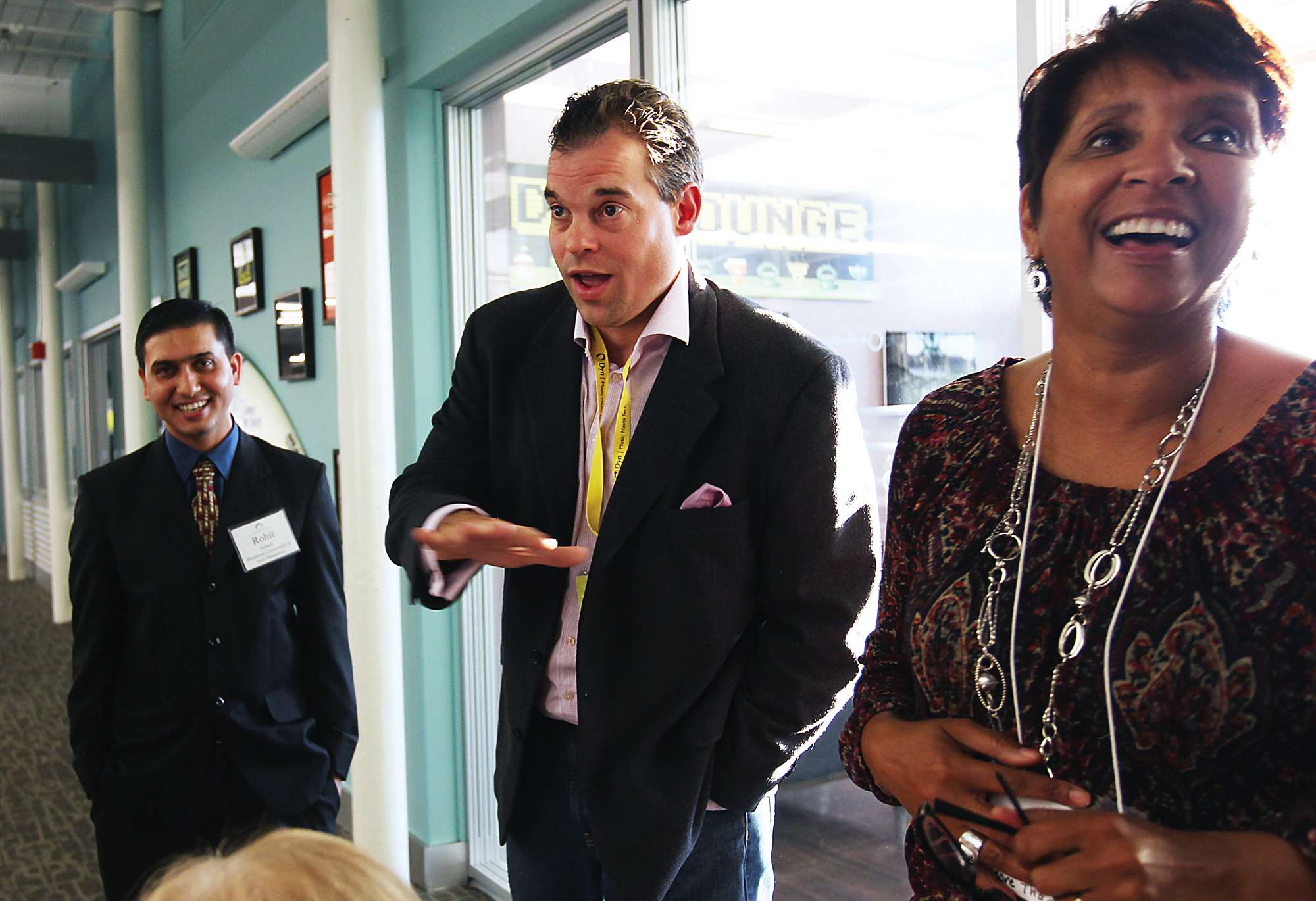
Entrepreneurs, and often their spouses, join EFNH by making a contribution of shares, stock or cash or by making a pledge to make a future gift when their business sells or reaches profitability.
“You are truly taking your commitment to your community and to entrepreneurial life to another level,” said Pubali Campbell, owner and director of Bikram Yoga Manchester (now a partner at Human Resource Partners). “This is an organization that truly requires skin in the game.”
“Although some of our members have not yet made monetary gifts, they’ve made the commitment to be philanthropic when all of their hard work, building these incredible businesses, pays off,” Shari Landry said.
“We treat those members the same as ones who have already put in money,” she said. “So those folks are getting to really understand what the community issues are, to understand how to have an impact through grantmaking and philanthropy, and they get to network with people who are being role models to them.”
Campbell said she benefits from working in a group with other entrepreneurs.
“I was intrigued and excited about being amongst like-minded people,” Campbell said, who “were working with the same sort of environment and thought process that I was, [though] I’m selling yoga and they’re selling computer chips.”
“Our ask is that entrepreneurs be part of crafting New Hampshire’s future,” said Jesse Devitte. “And to bring your energy and creative tools to this effort, not just your cash.”
Mel Gosselin, executive director of the Food Bank, said that the relationships her organization has made with entrepreneurs have been lasting and meaningful. EFNH members have stepped forward, she said, to help the Food Bank determine how to automate future production lines and how to identify customer bases and revenue sources for the new systems they create. And some members have simply come to the Food Bank with their families to volunteer.
That is just the kind of relationship the EFNH hopes to foster.
“We need this in New Hampshire,” said Devitte. “Entrepreneurs like to build things. That’s why they’re entrepreneurs; they like to make a difference. We have put in place something that hopefully, in the coming decades, will make a major difference.”
This article originally appeared in the 2013 Spring/Summer Purpose Newsletter.

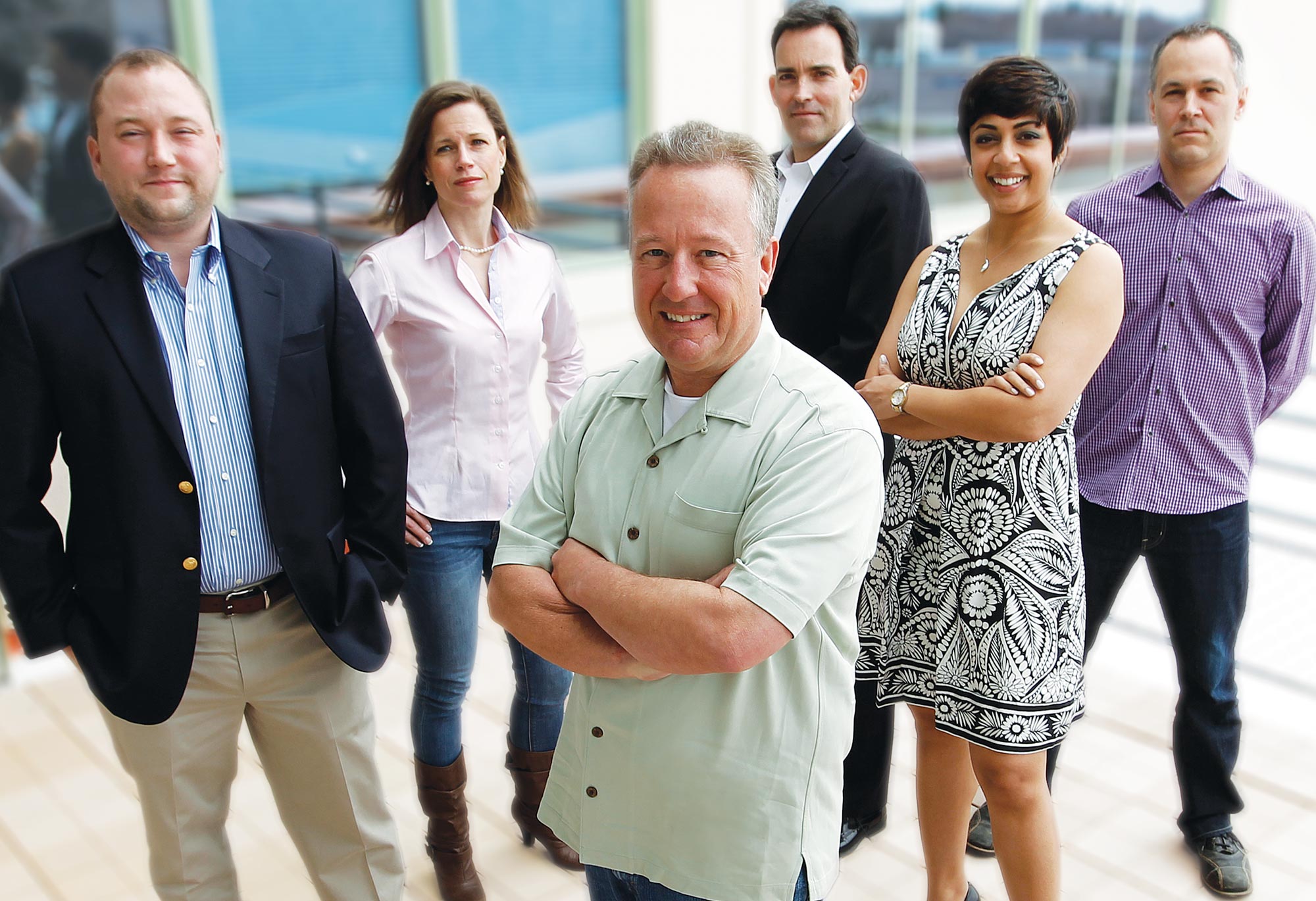








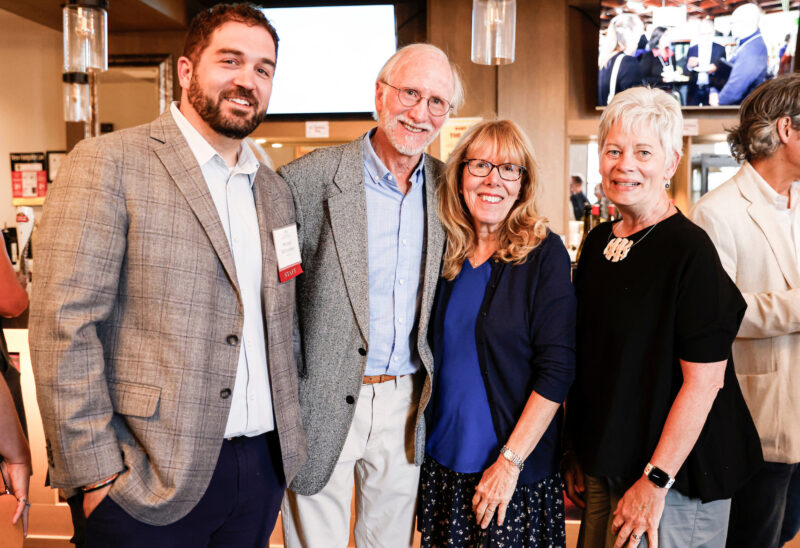
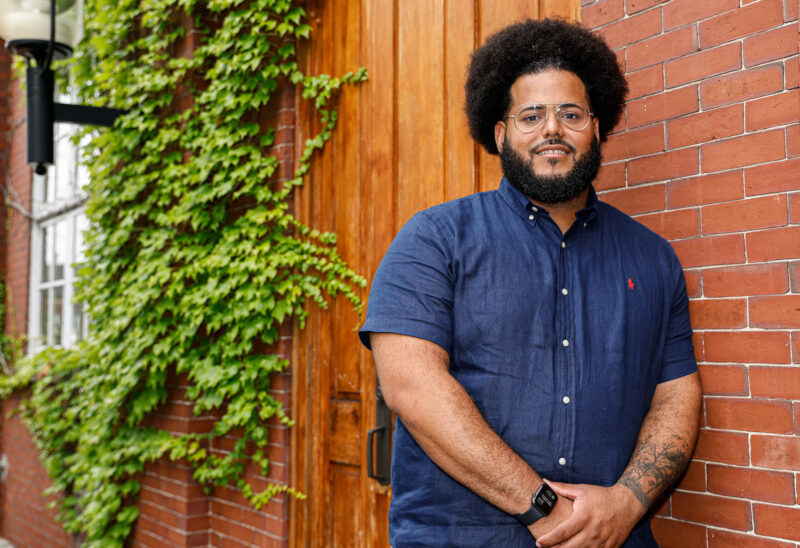

![Rev. Heidi Carrington Heath joined Seacoast Outright. [Photo by Cheryl Senter]](https://www.nhcf.org/wp-content/uploads/2024/05/Heidi-Carrington-Thumbnail-800x548.jpg)
![Dr. Jennie Hennigar treats a patient at the Tamworth Dental Center [Photo by Cheryl Senter]](https://www.nhcf.org/wp-content/uploads/2024/05/TCCAP-Hero-800x548.jpg)

